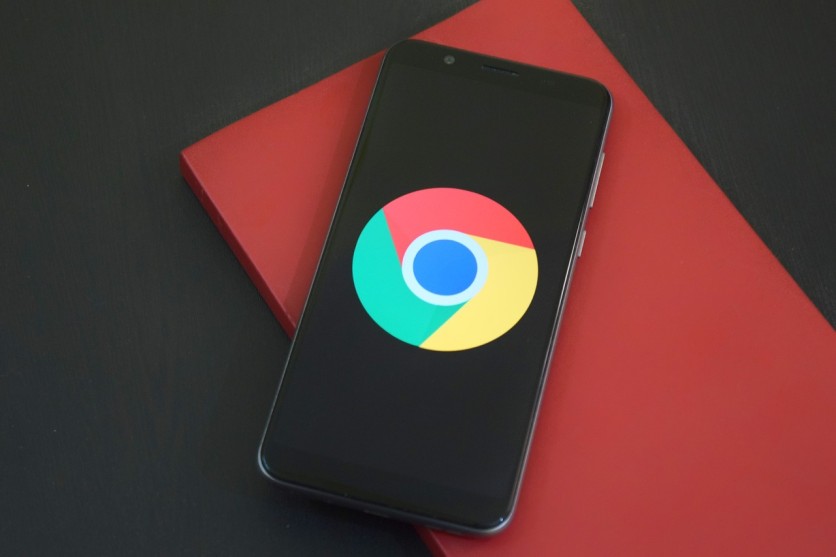The year-long Google Privacy Sandbox project is finally here and it's expected to cater to the needs of roughly three billion Chrome users.
The search engine giant wants to bring revamped data and privacy security to the users through the update.
With that being said, the days for third-party cookies are already numbered. This way, users can have more control when it comes to ads and data collection.
What's With the Google Privacy Sandbox Pop-Up?

By introducing six new APIs, Google empowers both users and developers to enable targeted advertising without relying on invasive external cookies. While the update is gradually rolling out, it is projected to be available to most users by mid-July.
Privacy Sandbox is going live in Chrome 114 - if you update you might see it now. Your first view will be this popup once you restart - "enhanced ad privacy" is the overall branding to users. 1/ pic.twitter.com/eq9SNocTF4
— Paul Bannister (@pbannist) June 29, 2023
According to Gizmodo, users will encounter an unskippable pop-up prompting them to engage with the update. Even if users simply click "Got it" to accept the default Privacy Sandbox options, they must interact with the pop-up.
"We're launching new privacy features that give you more choice over the ads you see. Chrome notes topics of interest based on your recent browsing history. Also, the sites you visit can determine what you like. Later, sites can ask for the information to show you personalized ads," Chrome's Privacy Sandbox pop-up reads.
Users can also access the settings so they could launch more personalized preferences for alternative ways. For Chromebook users, the update is expected to be available as soon as possible upon launch.
Adjusting Privacy Sandbox Settings
The update allows users to make adjustments in three key areas: Ad Topics, Site-suggested Ads, and Ad Measurement, according to another story by TechRadar.
Ad Topics enables users to define specific areas of interest for the ads they receive. By default, the system builds a profile based on the sites users visit. Notably, users' browser history will remain stored on their devices only and will not be shared with Google or advertisers.
For those who prefer greater control, fine-tuning Privacy Sandbox settings offers extensive options to manage data collection and processing. These changes are crucial for Google to comply with the European Union's General Data Protection Regulations (GDPR). Consequently, Chrome restricts access until users agree to the updated settings.
Chrome vs. Edge in GDPR Compliance
Microsoft's Edge browser also aims to comply with GDPR, offering features such as the ability to limit or block third-party cookies. However, Edge has not completely phased out these cookies as Google plans to do. This distinction may intensify the competition between Chrome and Edge as they vie for user preference, particularly regarding privacy and data protection.
In other news, Instagram's boss Adam Mosseri said that the upcoming Threads app of Meta, which is set to compete with Twitter, won't be having ActivityPub support at launch, per Tech Times.
While the feature won't be coming out on Thursday, July 6, the company clarified that it will come in the future.

![Apple Watch Series 10 [GPS 42mm]](https://d.techtimes.com/en/full/453899/apple-watch-series-10-gps-42mm.jpg?w=184&h=103&f=9fb3c2ea2db928c663d1d2eadbcb3e52)



